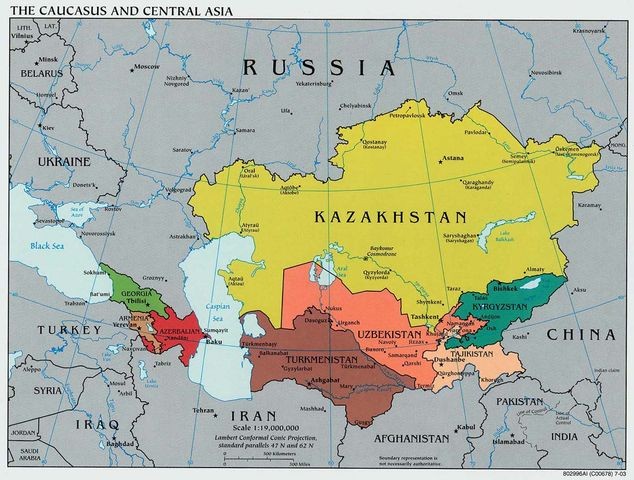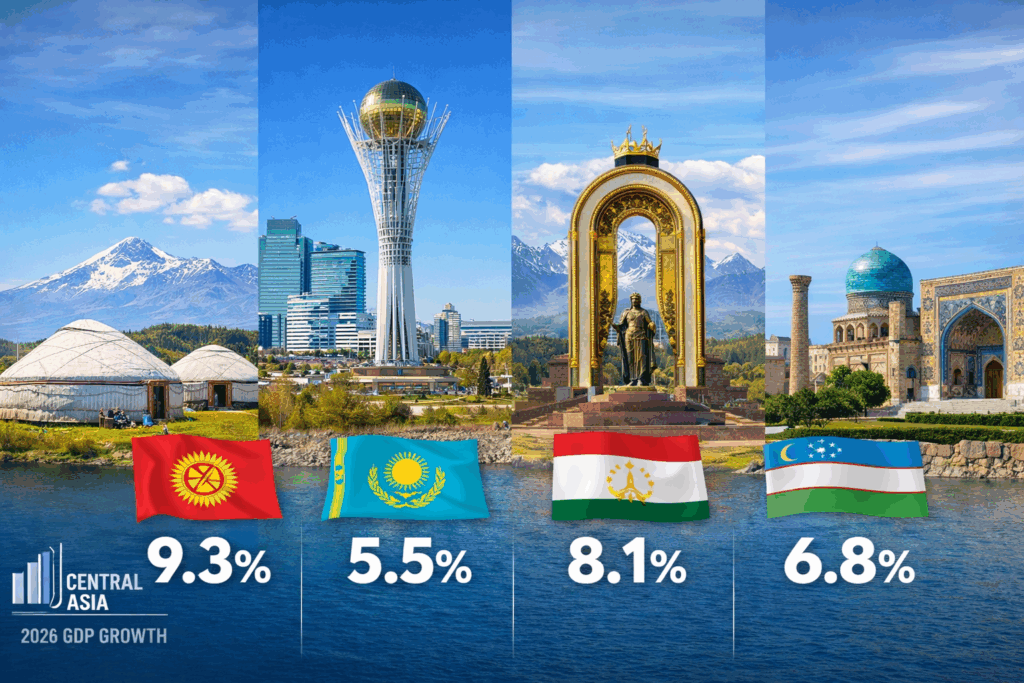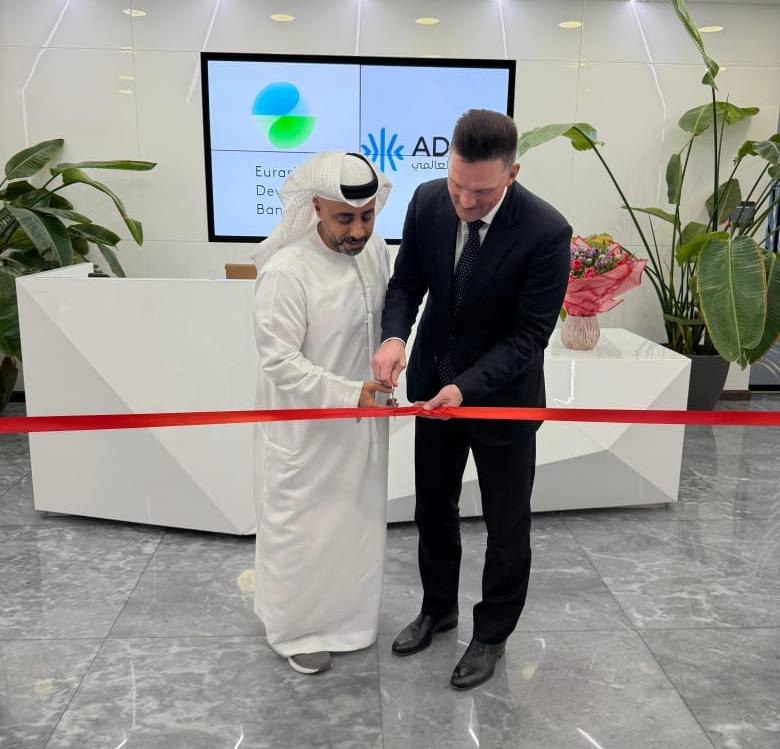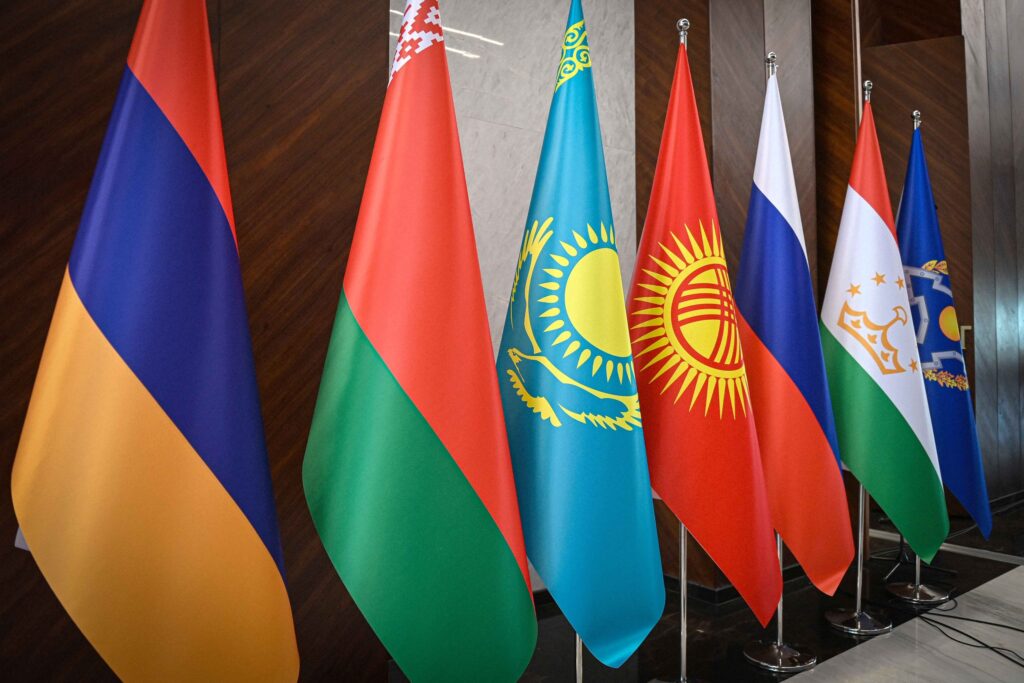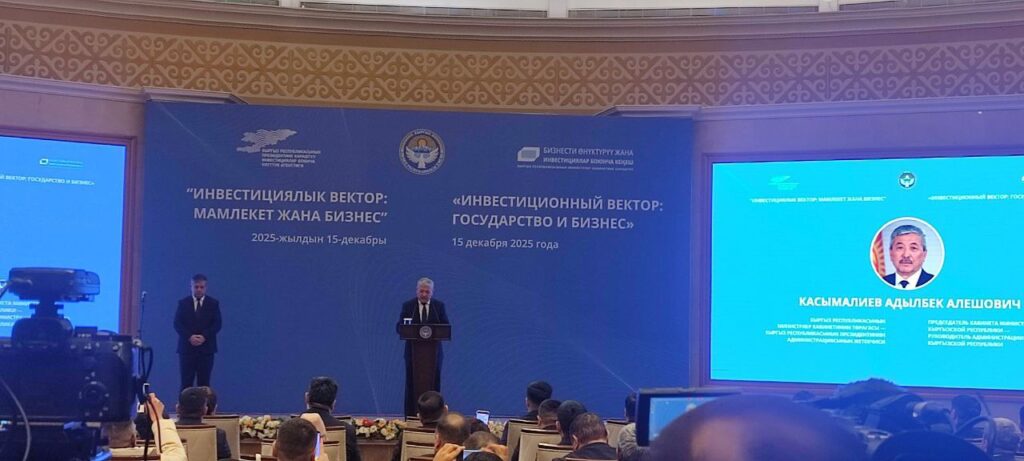BISHKEK (TCA) — The Eurasian Development Bank (EDB) and the Asian Development Bank (ADB) have signed a framework co-financing agreement, setting forth the main areas and mechanisms of cooperation in the EDB and ADB member states. The document states that the banks will invest in projects in Armenia, Kazakhstan, Kyrgyzstan, and Tajikistan. EDB will provide US $1 billion and the ADB US $2 billion until 2021, EDB’s press service said on March 2.
The document was signed during the official visit to the Asian Development Bank of an EDB delegation headed by Chairman of the Management Board Dmitry Pankin and his talks with Takehiko Nakao, President of the ADB.
The banks also signed a protocol on joint additional co-finance for the investment program to build the North–South road corridor in Armenia, envisioning an additional investment of US $320 million to be provided by EDB if it receives the respective application from the Armenian Government. EDB has already provided US $150 million for the project. The ADB intends to assist EDB under the framework agreement and invest in the preparation of the project’s feasibility study.
Eurasian Development Bank (EDB) is an international financial institution founded by Russia and Kazakhstan in January 2006 with the mission to facilitate the development of market economies, sustainable economic growth, and the expansion of mutual trade and other economic ties in its member states. EDB’s charter capital totals US $7 billion. The member states of the Bank are Armenia, Belarus, Kazakhstan, the Kyrgyz Republic, the Russian Federation, and Tajikistan.
The Asian Development Bank (ADB) is an international financial institution founded in 1966 to promote economic growth, regional integration and sustainable development in the Asia-Pacific region. It has 67 member states. In 2014, ADB assistance totaled $22.9 billion, including co-financing of $9.2 billion.
